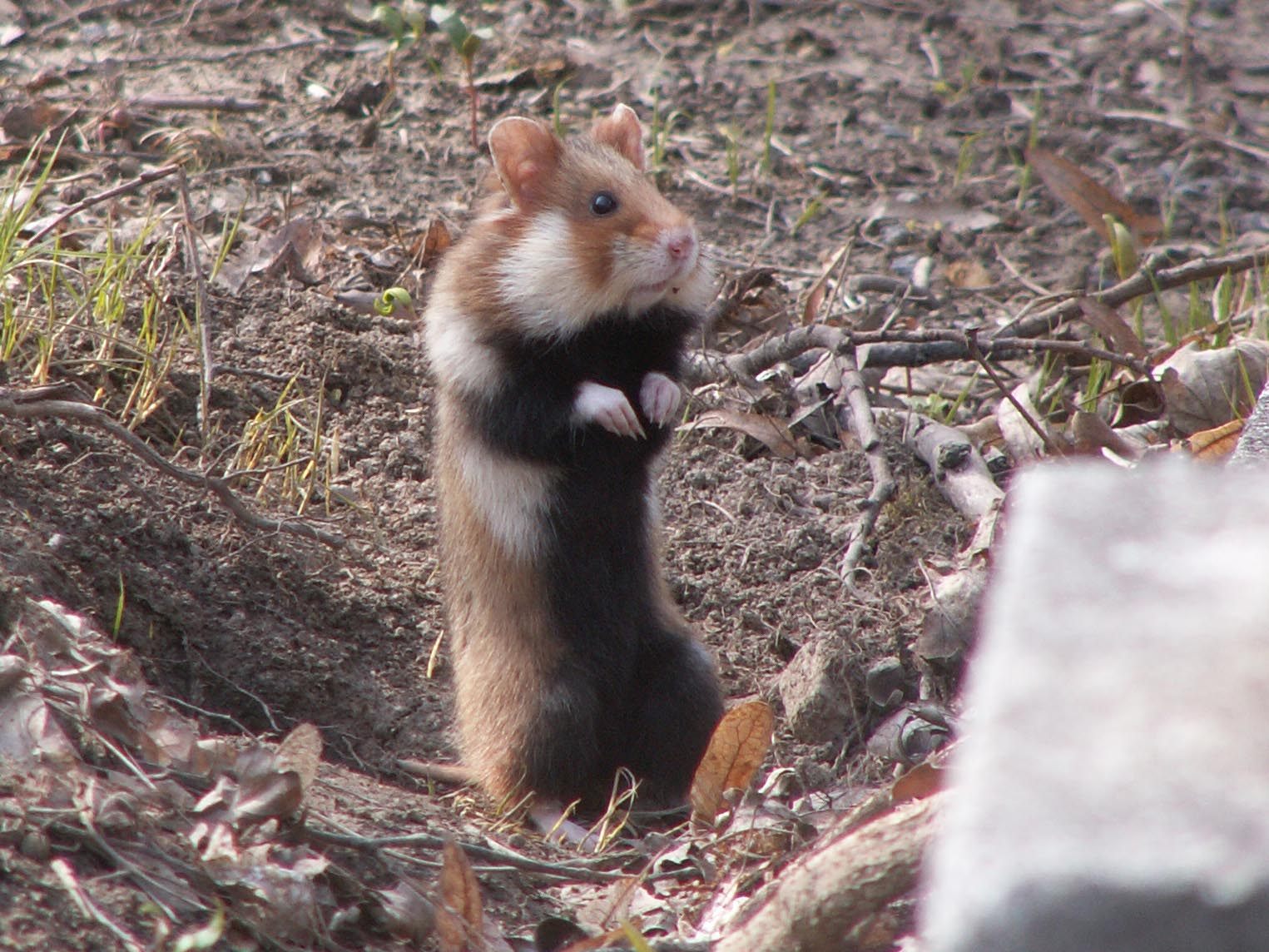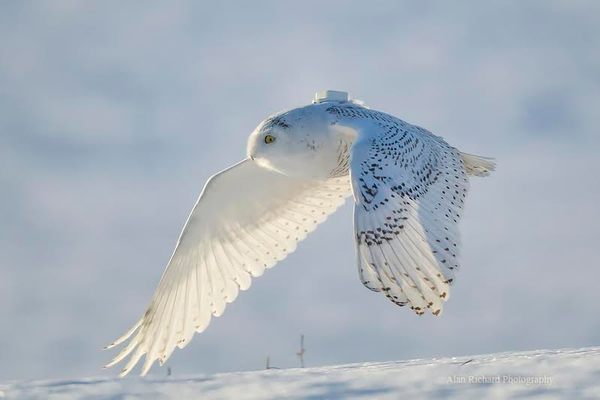French Cornfields Are Full of Cannibal Hamsters
A limited diet has made the cute creatures desperate.

France is going through a pet owner’s nightmare. For years, the country has been accused of taking less-than-ideal care of its only species of wild hamster. Courts have demanded that they work to raise the species’ numbers, or risk massive fines.
Instead, recent research reveals that the hamsters have begun losing their minds and eating their own children—not a great look for the animal, or its would-be caretaker. The culprit, scientists suggest, is too much corn.
European hamsters, or Cricetus cricetus, are nocturnal creatures about ten inches tall. Ideally, they enjoy a diet that contains all the hamster food groups—nuts, legumes, seeds, root vegetables, grasses, and insects. They’re great at planning ahead, storing the leftovers in their cheeks and bringing them into their dens for later.

But in northeastern France, most of the fields where these hamsters live have been replanted with just corn. As a result, the hamsters aren’t getting enough nutrients—particularly niacin, Agence France-Presse reports.
Scientists at the University of Strasbourg pinpointed the problem in a series of dietary experiments with captive hamsters. Some got wheat with clover-and-worm snacks, while others got corn with the same snacks.
While all the hamsters produced similar numbers of offspring, those fed on corn began exhibiting strange symptoms. Their tongues swelled up and turned black, and their blood thickened. They began freaking out when scientists entered the room, pounding on their feeders. Eventually, they ate most of their babies alive.

These things happen to other mammals who eat too much plain corn, including humans. When scientists added niacin to their feeding schedules, the hamsters got better.
It will be difficult to sprinkle niacin all over the cornfields—instead, the move would be to reintroduce more biodiversity into the crops, Gerard Baumgart, a hamster expert, told AFP. Until then, the farmlands of France will be a massive corn maze haunted by small, fuzzy cannibals.
Every day, we track down a fleeting wonder—something amazing that’s only happening right now. Have a tip for us? Tell us about it! Send your temporary miracles to cara@atlasobscura.com.









Follow us on Twitter to get the latest on the world's hidden wonders.
Like us on Facebook to get the latest on the world's hidden wonders.
Follow us on Twitter Like us on Facebook